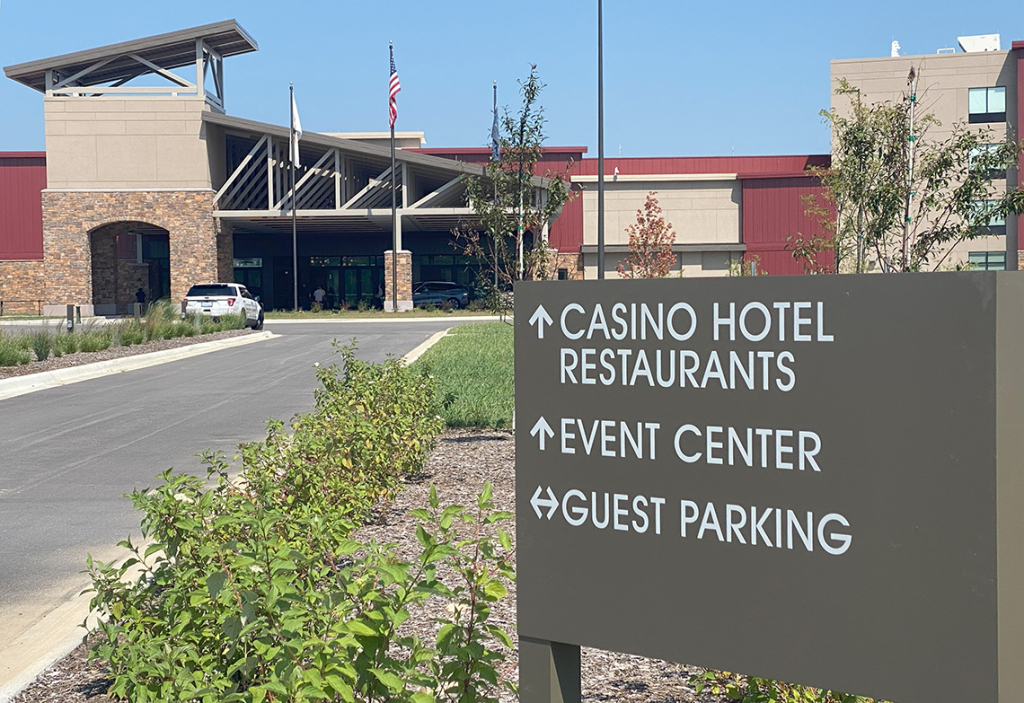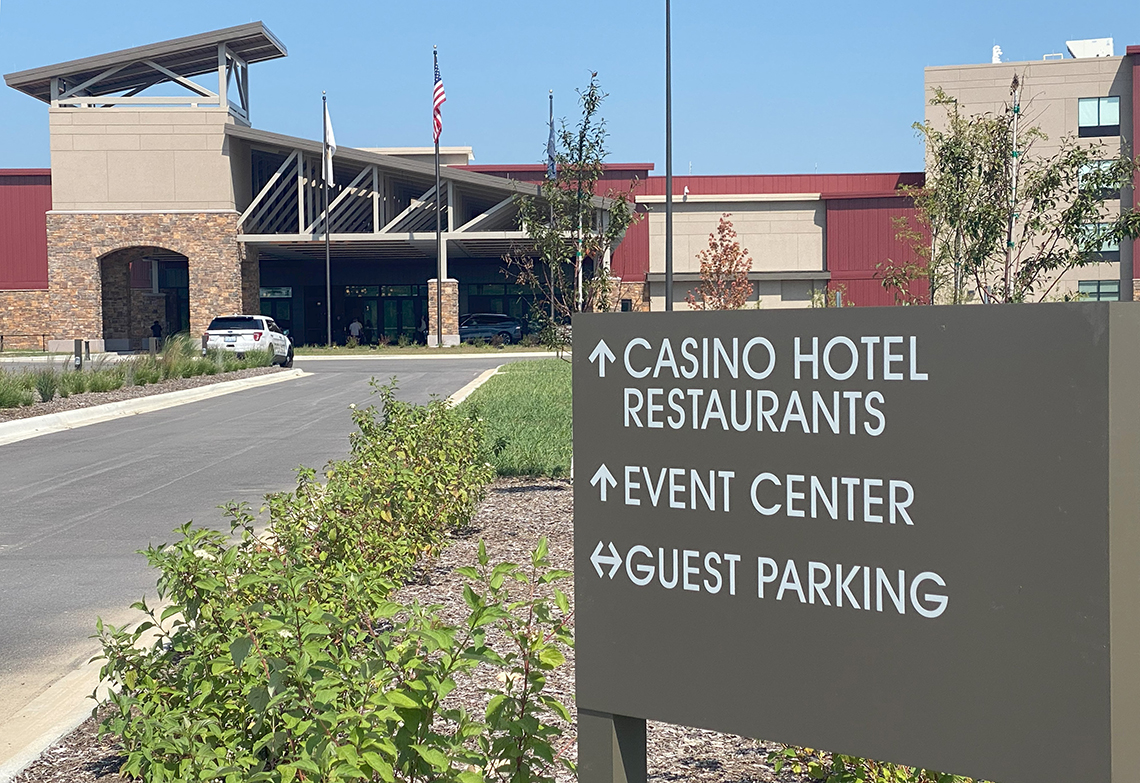
By HANNAH MEISEL
Capitol News Illinois
hmeisel@capitolnewsillinois.com
SPRINGFIELD – Illinois surpassed $2 billion in tax revenue last year from all types of gambling and the state lottery – a record bolstered by continued growth in video gambling, sports betting and the opening of several new casinos.
But that growth comes at the expense of Illinois’ traditional riverboat casinos and the horse racing industry, which has been on a downward trajectory for decades.
An annual report published last week by the General Assembly’s fiscal forecasting arm laid out the state’s record nearly $2.1 billion in revenues, nearly half of which was earmarked for infrastructure projects, while most of the remainder went to education.
While the Illinois Lottery continues to make up a significant portion of the state’s wagering revenues, it might soon be eclipsed by Illinois’ ever-growing video gambling industry. In the last fiscal year, the lottery netted $886 million in state tax revenue while video gambling’s state taxes climbed to $848 million.
Statewide, bars, restaurants and truck stops have installed 48,176 video gambling machines since 2012 – a figure that’s grown steadily each year despite the COVID-19 pandemic shuttering all gambling activity for months.
Also not stopping the industry’s growth: a series of tax increases, including one approved in the spring as part of state budget negotiations.
Video gambling is also the largest driver of increased per-capita spending on all types of wagering in Illinois over the last five years, though the popularity of sports betting has also been a factor. Illinoisans spent more than $7 billion spent on gambling, lottery tickets and other types of betting-based entertainment last year – approximately $560 per capita.
Though video gambling may be eating away at Illinois’ casino industry – a fear that has been vocalized since negotiations on legalizing the terminals 15 years ago – the Commission on Government Forecasting and Accountability’s report also blames “added competition from new casinos across Illinois.”
COGFA’s report indicates overall casino revenue growth is mainly due to the success of Rivers Casino in Des Plaines and the opening of five new casinos statewide in the past few years. A sixth, in Chicago’s south suburbs, is slated to open later this fall.
Illinois’ nine riverboat legacy casinos, most of which have been running for about three decades, have seen their revenues decline “for nine consecutive years,” according to the report. Visits to casinos in East St. Louis, East Peoria and Joliet’s Harrah’s Casino have seen significant drop-off.
“The opening of additional casinos provides an abundance of new gaming opportunities for gamblers in Illinois,” the report said. “However, there are concerns of oversaturation. … By the end of FY 2024, the number of video gaming terminals in operation across Illinois has grown to over 48,000, the equivalent of over 40 ‘full-size’ Illinois casinos.”
Horse racing, on the other hand, has continued to dwindle in Illinois. After Arlington Racetrack closed in 2021 and sold the land to the Chicago Bears, Hawthorne Race Course in Stickney and Fairmount Park in Collinsville are the only two racetracks remaining in operation. The report notes horse racing brought in “a mere $6 million” in state revenues last year, and that “racinos” – provided for in a massive 2019 law that legalized sports betting and created six new casino licenses – have not yet materialized as a lifeline for racetracks.
Fairmount has been buoyed by partnering with sports betting giant FanDuel for the past several years, making it the home base for Illinois’ most successful online sports betting company. FanDuel’s adjusted gross receipts last year totaled more than $449 million, while its closest competitor, DraftKings, totaled $387 million.
The two juggernauts complained loudly about a new, higher-rate tax structure imposed on sports betting in May, though COGFA’s report noted that not all of Illinois’ sports betting licenses have yet been claimed, and that sports betting revenues “have grown rapidly” since the market launched in 2020.
“Given this trend and the recently added sportsbooks, it is believed that sports wagering will continue to grow overall despite a higher tax structure,” the report said.
Capitol News Illinois is a nonprofit, nonpartisan news service that distributes state government coverage to hundreds of news outlets statewide. It is funded primarily by the Illinois Press Foundation and the Robert R. McCormick Foundation.
